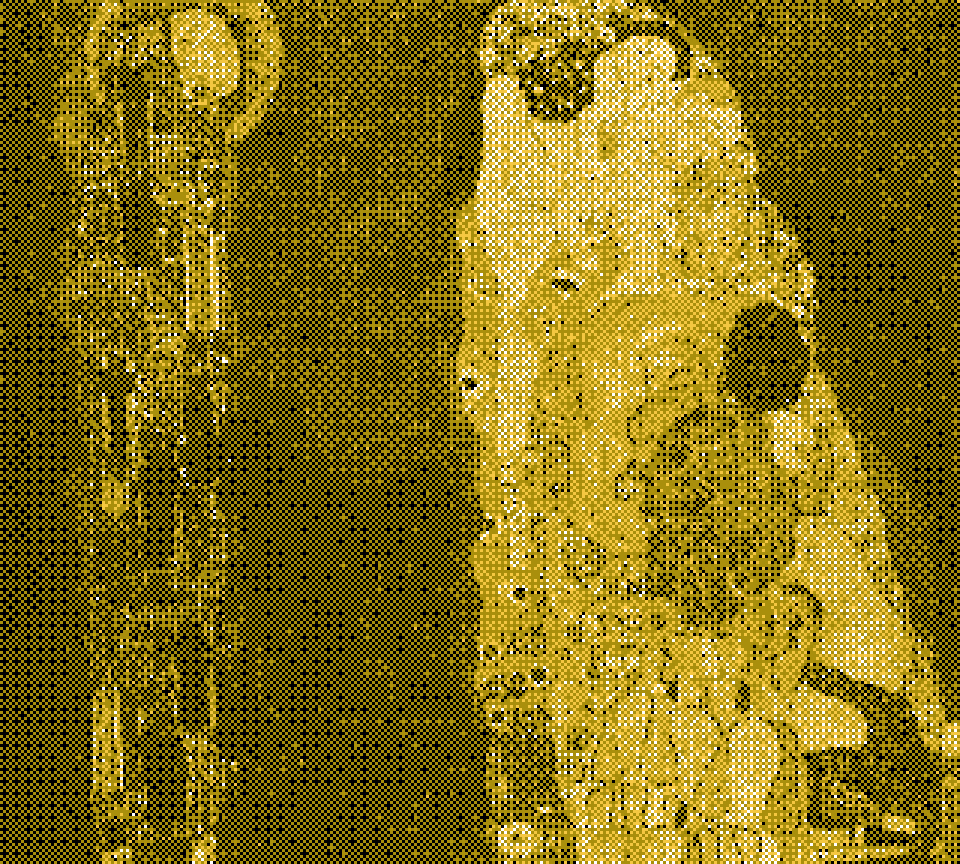Euthyphro by Plato
Reading notes on the Platonic dialogue Euthyphro ⚬ 12 of May 2023
Summary
The version I read was translated by Cathal Woods and Ryan Pack.
Shitty one-sentence summary
Euthyphro is about the form of the pious.
Characters
- Euthyphro: an Athenian prophet, whose name means "straight thinker" in ancient Greek. He's indicting his own father for murder.
- Socrates: the Athenian philosopher.
- Meletus: the man who is indicting Socrates for corrupting the youth by blaspheming against the gods.
Major themes and concepts
Notions of piety and religiosity are not well-formed
The Euthyphro dilemma: Is the pious loved by the gods because it is pious? Or is it pious because it is loved?
- If something becomes, it doesn't come to be because it is coming into being. Rather, it is a thing coming into being because it comes to be.
Reading notes
Part 1: What is piety?
Socrates (S): what is pious and impious?
- Euthyphro (E): The pious is prosecuting someone guilty of wrongdoing. The impious is failing to prosecute.
- S: No, what is the form of the pious -- not an example?
- E: What is beloved by the gods is pious, and what is not beloved by them is impious.
- S: But don't the gods disagree on what is just and unjust? Therefore, there exist things that are both beloved and not beloved by the gods, implying that there exist that which is both pious and impious.
- E: Okay, so the pious is what all gods love, and the impious is what all gods hate.
Part 2: The pious is not the beloved
S: Is the pious loved by the gods because it is pious, or is it pious because it is loved?1 If something becomes, it doesn't come to be because it is coming into being. Rather, it is a thing coming into being because it comes to be.
Is this saying that action precedes description?
- For example, what is carried is a carried thing because it is carried; what is led is a led thing because it is led; what is seen is a seen thing because it is seen.
- ⇒ Something is loved because it is pious; it is not the case that something is pious because it is loved.
- ⇒ The beloved is not pious: the beloved is beloved because it is loved. The pious is not pious because it is loved (rather, it is loved because it is pious).
- ⇒ The beloved and the pious are complete opposites. ⏸️
Part 3: What is the form of the pious? Is the pious just and the just pious?
S: So, Euthyphro (my dear friend), you likely simply told me a quality that pious things possess, rather than what the pious is. Tell me then, what is the pious and what is the impious? Or if you cannot do that, tell me: is everything pious necessarily just, and is everything just necessarily pious? (i.e., pious ⇔ just?)
- E: I think that piety is the part of justice concerned with attending to the gods, and the rest of justice is concerned with attending to human beings.
- S: What do you mean by "attending"? Do you mean benefitting something, like how attending to horses benefits the horse?
- E: Yes, attending to something benefits it.
- S: Then do you agree that when someone does something pious, it improves the gods?
- E: No, I don't think that -- I mean "attending" like how slaves attend to their masters.
Part 4: The pious is the beloved
S: So, you mean like a type of service? So tell me, what end result is service to the gods aimed at? What is the key purpose of the gods?
- E: Simply put, if someone knows how to speak and act pleasingly to the gods in prayer and sacrifice, this is pious, and will preserve both the home and the common good of the city. The impious will destroy and overturn everything.
- S: Based on this, the pious would be the knowledge of making requests and giving things to the gods?
- ⇒ Piousness is some sort skill of trading with the gods? What do we give the gods?
- E: We give them honor, admiration, and gratitude.
- S: So being shown gratitude is what's pious, but it neither benefits the gods nor is dear to them?
- E: I think that it is dear to them.
- S: So the pious is, once again, what is dear to the gods -- and we have returned to the beginning of our dialogue.
- The Euthyphro dilemma↩
